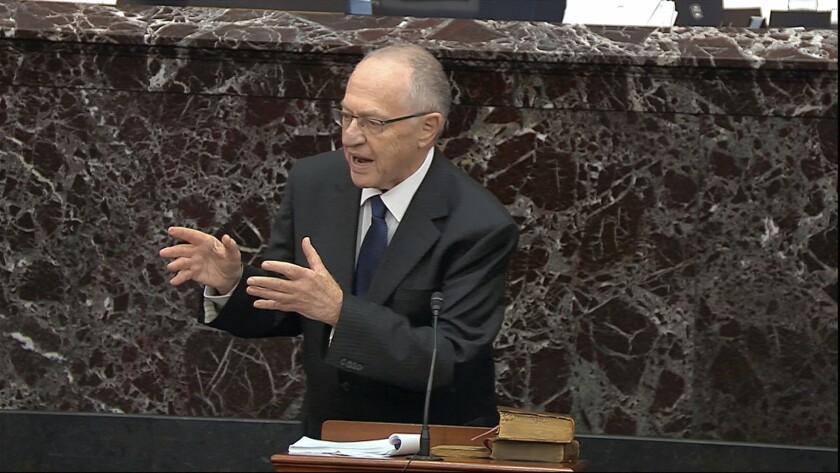Economics
Milton Friedman’s World Is Dead and Gone
Five overlooked historical developments should reshape the debate between shareholder and stakeholder capitalists.
The annual conclave of the rich and powerful this month in Davos, Switzerland, put the longstanding debate about the social responsibility of corporations front and center by proclaiming its official theme as “stakeholders for a cohesive and sustainable world.”
By using the word “stakeholders,” the World Economic Forum confirmed that it’s taken sides in a debate rekindled last year by the Business Roundtable, a lobbying group representing chief executives of major U.S. corporations. The Roundtable had issued a statement highlighting a “fundamental commitment to all of our stakeholders,” including shareholders, clients, employees, suppliers and communities, thereby situating itself in opposition to the view of corporate responsibility made popular half a century ago by the economist Milton Friedman. Friedman had famously stated in a 1970 New York Times magazine essay that business executives who diverted corporate assets toward social goals were betraying their obligations to shareholders.
>> Here is the link to the original article. The author overstates Friedman's case.
>> http://umich.edu/~thecore/doc/Friedman.pdf
>> The author also forgets that what Friedman is saying is much broader and not untrue.
>> In each of these cases, the corporate executive would be spending someone else's money for a general social interest. Insofar as his actions in accord with his "social responsibility" reduce returns to stockholders, he is spending their money. Insofar as his actions raise the price to customers, he is spending the customers' money. Insofar as his actions lower the wages of some employees, he is spending their money.
>> Here is the link to the original article. The author overstates Friedman's case.
>> http://umich.edu/~thecore/doc/Friedman.pdf
>> The author also forgets that what Friedman is saying is much broader and not untrue.
>> In each of these cases, the corporate executive would be spending someone else's money for a general social interest. Insofar as his actions in accord with his "social responsibility" reduce returns to stockholders, he is spending their money. Insofar as his actions raise the price to customers, he is spending the customers' money. Insofar as his actions lower the wages of some employees, he is spending their money.
Yet the debate between Roundtable supporters and Friedman supporters, a main topic of panels and unofficial conversation at Davos last week, missed five key points.
So what is the best pathway forward? There is no easy fix, but I like many recent ideas about making public investments and regulatory adjustments to encourage creation of business ecosystems like technology hubs, as has been done in Palo Alto, California; Austin, Texas; and Boston. That would require more government action than is likely in the near term. But as Friedman’s success in altering the dialog demonstrates, a first step is to be clear about what we should be doing, even before we’re capable of doing it. And an approach to policy making focused more on where we work and live seems vastly more promising than what we’ve tried over the past few decades.
This column does not necessarily reflect the opinion of Bloomberg LP and its owners.

